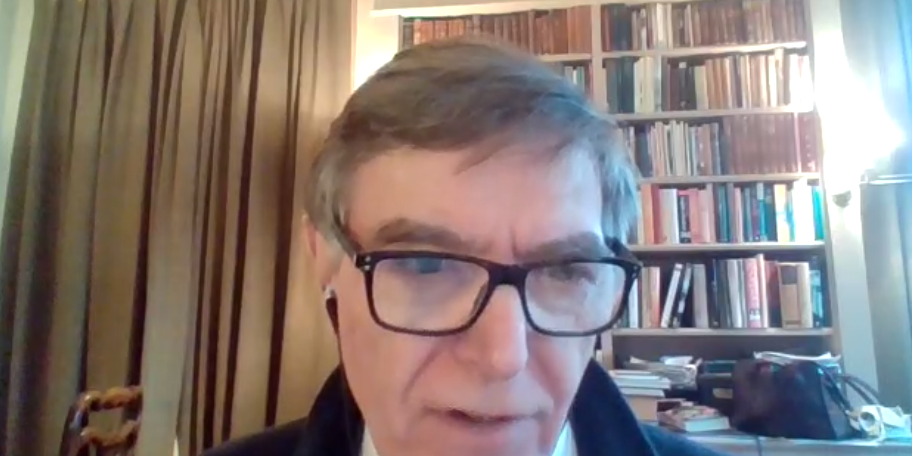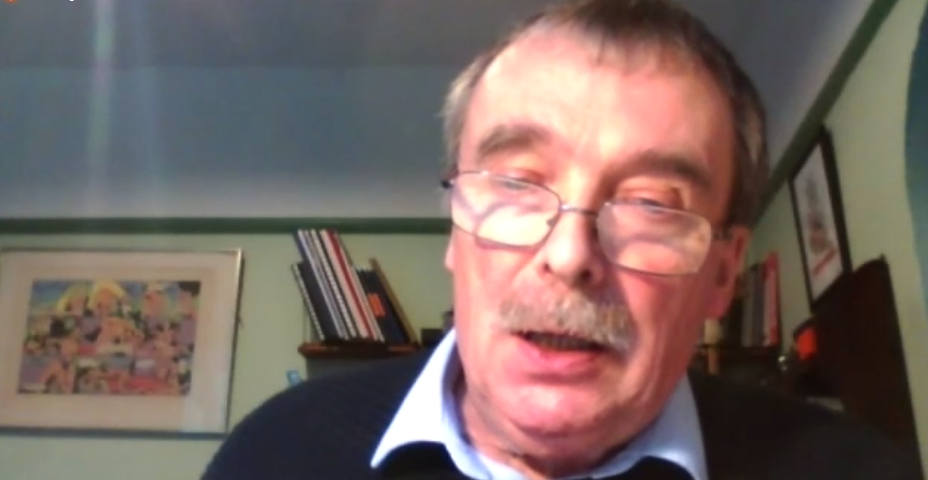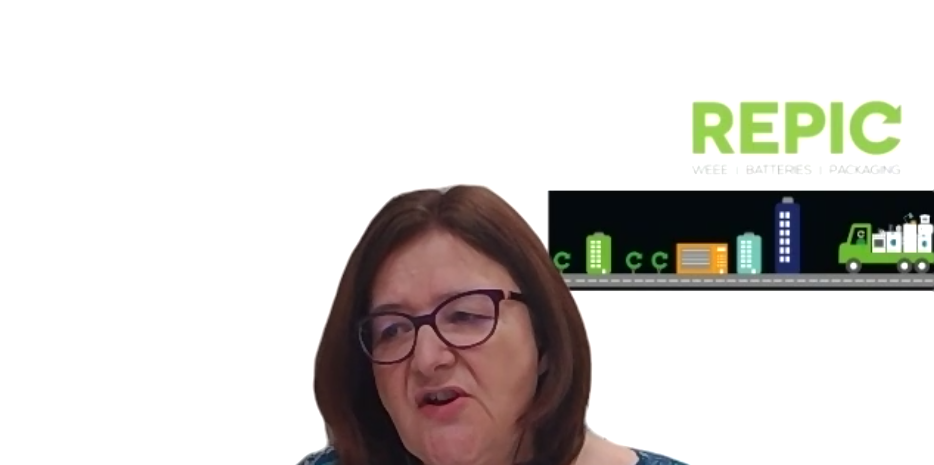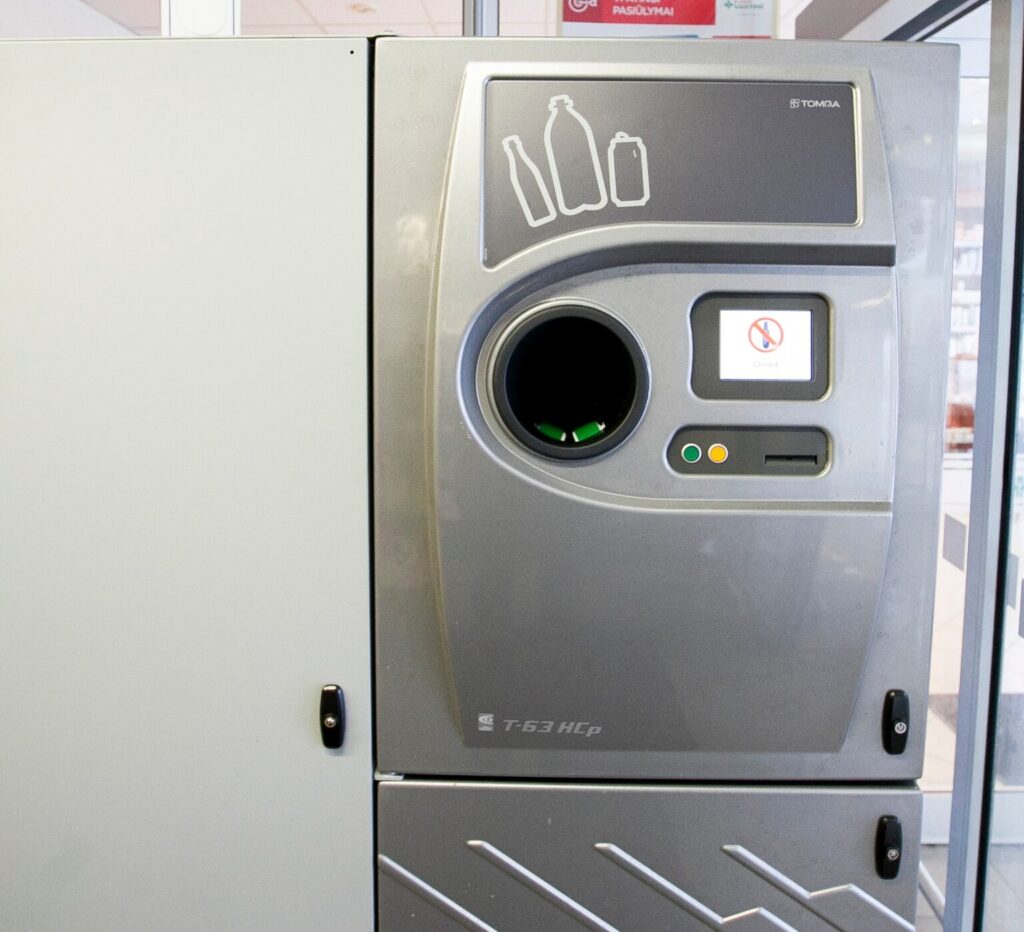Philip Dunne was speaking this week (26 January) at a webinar hosted by the All-Party Parliamentary Sustainable Resource Group (APSRG). The session looked at the progress made since the publication of the government’s resources and waste strategy for England in December 2018 (see letsrecycle.com story).

The resources and waste strategy is to be enacted through the environment bill. Mr Dunne said that within the bill there were five waste streams which required mandatory kerbside collection from households: glass, metal, plastic, paper and card, and food and garden waste.
The EAC recently completed inquiries into electronic waste and the circular economy and fast fashion. It has now called on the government to include WEEE and textiles among the materials requiring mandatory kerbside collection.
Mr Dunne said: “We, during our committee, have made the case for both textiles and e-waste to be added as separate streams in due course. I hope that that’s something the government will look favourably on.”
He said that during his committee’s inquiry into e-waste the recycling minister Rebecca Pow had confirmed that other waste streams could be added by means of secondary legislation.
Environment bill
Dr Alan Whitehead, shadow minister for energy and the Green New Deal and co-chair of the APSRG, also spoke at the event. He criticised the scope of the environment bill for failing to tackle resources and waste as part of a wider debate on the circular economy.

He said: “What has actually happened in the environment bill and what has happened in between is that we’ve missed a number of points to actually move ourselves far further forward to the circular economy principles that are supposed to be within the resources and waste strategy.
“We’ve actually got a much narrower definition of that circular economy activity than I think we should have done.
“Yes, there’s been a substantial step forwards as far as the white paper is concerned. But there are concerns that we’re not going along the path we should be going along in terms of bringing the wider issue of waste and resources into the circular economy debate.”
Extended producer responsibility
Louise Grantham, the chief executive of compliance scheme REPIC, spoke at the event to give an industry perspective. In discussing extended producer responsibility (EPR), she championed an ‘all actors approach’ which would recognise those who were doing the right thing.

She said: “Key to the success of any proposed change is ensuring that we have a full understanding of the lifecycle of a product, from manufacture through its different uses to final disposal.
“This will help us identify the people and organisations that can best influence the desired policy outcomes. This is an ‘all actors approach’.
“It helps to find those unwanted or illegal activities that need policy intervention, but it also identifies the desirable activities that already take place that are quite legitimate and perhaps for some reason they’re not counted in the official producer responsibility systems at the moment, for instance reuse and refurbishment of electrical products prior to them becoming waste.”
Mrs Grantham also criticised weight-based waste collection targets.
“If a system is designed in such a way that it produces accessible options for people to dispose of their unwanted products or to maximise reuse and refurbishment and they have sufficient information on their choices, then perhaps we’re better off looking at outcomes rather than just chasing waste to meet targets,” she said.
Support
Jacob Hayler, the executive director of the Environmental Services Association (ESA), spoke on the ambition of the resources and waste strategy. He called for support in improving infrastructure to help achieve the recycling targets contained within the strategy.
“The recycling targets are going to be very challenging to achieve”
“The first thing that needs to be said about the resources and waste strategy is that it is actually very ambitious when it comes to recycling,” he said. “I think the recycling targets are going to be very challenging to achieve.
“They’re going to require consumers, producers, recyclers and all parts of the system working together if we’re going to boost our recycling rate sufficiently to meet those targets.
“We’ve got the forthcoming measures on consistency, the deposit return scheme, extended producer responsibility – all of those, if they’re designed properly, should complement one another and help to boost that supply of materials. But it’s really the back end, the end demand where we need support.”
Mr Hayler said that without sufficient demand the UK would continue to rely on exports.










Subscribe for free